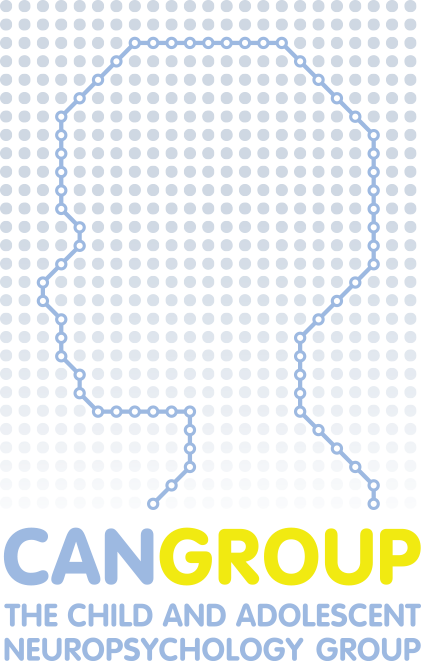FAQs
Below are our frequently asked questions (FAQs). If your require additional information, please proceed to the bottom of the page to submit an enquiry, or alternatively proceed to our Contact Us page by clicking here.
We charge an hourly rate of $280, which is below the recommended fee set by the Australian Psychological Society. You will only be charged for the initial appointment, child assessment sessions, feedback session and the provision of a report at the hourly rate. All other services including scoring and formulation, contact with teachers/schools and health professionals will not incur a fee. More details about fees and payment can be found here.
Payment for each consultation session is due immediately after the appointment. Payment for the neuropsychological report (five to six hours, depending on the type of assessment) is due after the feedback session. Reports are completed and emailed to you between fourteen to twenty-eight business days after the account has been fully settled. Payment plans are available on request. For further information, please see our fees page, or contact us to discuss your circumstances.
A referral is not required for our services. However, a referral is required if you wish to claim a Medicare rebate. Please see our fees page for more information about possible rebates and how to obtain these.
Medicare rebates may be available for some assessments with an appropriate referral from a GP, Paediatrician or Psychiatrist. We are able to accept referrals under the Chronic Disease Management Scheme for Allied Health Services, the Better Start for Children with Disability Initiative and the Medicare Helping Children with Autism Scheme (Paediatrician and Psychiatrist referrals only). Depending on your child’s situation, we may also be able to accept referrals under the Better Access Initiative with a Mental Health Treatment Plan for intervention services. Assessments can also be funded under the National Disability Insurance Scheme (NDIS), depending on your child’s situation. Please see our fees page or contact us for more information.
A neuropsychological assessment is a detailed and comprehensive process that will provide you with a profile of your child’s strengths and weaknesses. It will also identify underlying contributing factors to your child’s presenting concerns (i.e., why you are seeking assessment), and a diagnostic answer (where appropriate). Typically, you will attend two or three assessment sessions (of 1-2 hours each) that will comprise a parent interview and an assessment of your child. Parents will then attend a feedback session with the neuropsychologist to discuss the results of the assessment (older children may attend this appointment as well). A detailed neuropsychological report is then compiled by the clinician for parents and the referrer. More information about our assessment process can be found here.
It’s useful if you can bring any previous assessment reports from other psychologists, your child’s paediatrician, or other allied health professionals such as speech pathologists or occupational therapists. These can also be emailed through to our office manager beforehand. You may also want to bring a drink bottle and/or snacks for your child (assessment sessions last up to 2-hours but will have breaks). This is optional but can be useful for younger children, or when assessment sessions are scheduled over usual lunchtimes or after school.
Generally yes, we prefer that children take all usual medications before an assessment, so that the assessment is conducted with them as they usually are at school (e.g., if your child takes medication to assist their attention at school, it’s preferable that they also take this before an assessment). There are times where medications may not be appropriate, or you may wish to know your child’s abilities when not on medication. If this applies to you, of if you are unsure, please let our office manager and/or your neuropsychologist know when you appointments have been booked (preferably before the day of assessment), and your neuropsychologist can discuss your child’s specific circumstances with you.
Our detailed assessment process will provide you with an understanding of your child’s thinking skills, their strengths and weaknesses, an understanding of the factors underlying their presentation, and a diagnosis (if applicable). You will also be provided with individualised strategies and recommendations (based on the assessment findings), and a useful strategy handout. More information about the assessment process can be found here.
A neuropsychological assessment is a detailed and comprehensive process. Rather than simply providing a learning profile (or scores in particular areas), our specialised assessment and expertise allows us to offer a more comprehensive understanding of the additional factors that may be underlying or contributing to your child’s learning difficulties (for example, do they also have difficulties with attention or with language that may make classroom learning challenging for them). Understanding these factors then allows us to provide individualised strategies and recommendations (for you and your child’s school) to best support and optimise their learning. Without the results of a full assessment, that important information cannot be provided. More information about the assessment process can be found here.
In the feedback session, your neuropsychologist will explain to you all of the assessment results (your child’s strengths and weaknesses) and findings (and diagnoses where applicable). They will also discuss with you individualised strategies and recommendations for your child. The feedback session is also your opportunity to ask the neuropsychologist questions about your child, to clarify anything you are unsure about, and get specific strategies for key challenges. Most parents report that the feedback session is the most informative and useful part of the assessment process.
The neuropsychological report will include detailed information about your child’s developmental history, a description of their strengths and weaknesses on assessment, a formulation of the factors underlying their presentation, diagnoses (where applicable), individualised strategies and recommendations, and links to reputable resources.
Request further information
For general enquiries, please complete the form below.
Alternatively, if you require a booking with one of our Neuropsychologists,
please click here to proceed to our referrals & bookings page.

